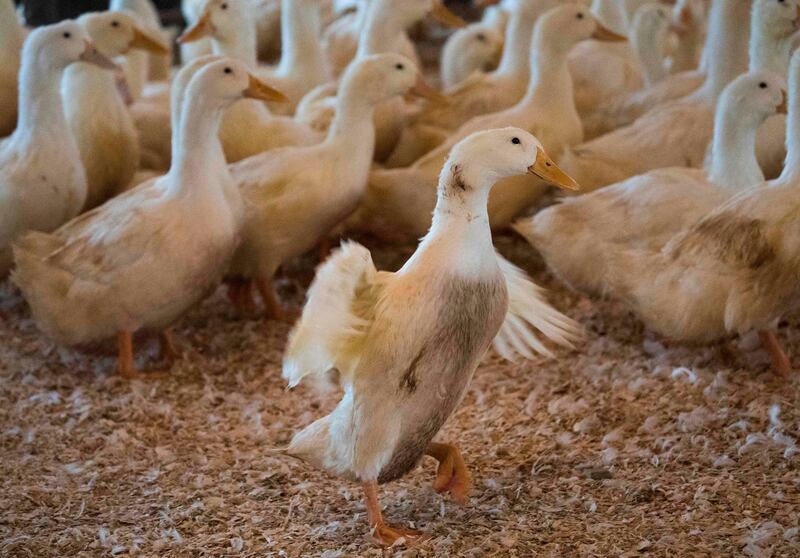Saudi Arabia has confirmed an outbreak of highly contagious bird flu in Riyadh that led to the culling of nearly 16,000 ducks.
Based on information from Dr Ali Al Doweiriej, director general of Veterinary Health and Monitoring Department, the highly pathogenic H5N8 strain infected and killed 14 birds at an unspecified location in the Saudi capital, says the World organisation for Animal Health (OIE), which is based in Paris. Other birds in a flock of around 60,000 exposed to the virus were culled.
Bird flu strains have hit poultry flocks in a number of countries across the world in recent years, with some types of the disease also causing human infections and deaths.
Saudi Arabia this year imposed restrictions on poultry imports from countries such as Bulgaria in an effort to prevent the disease spreading. The Saudi ministry of environment, water and agriculture has also taken other preventive measures including collecting samples for testing and preparing an emergency plan. Last week, the ministry lifted a temporary ban on importing poultry and eggs from Greece, the Czech Republic, Romania and Mozambique after receiving confirmation from the OIE that there had been no new outbreaks of bird flu in those countries in the past three months.
Avian or bird flu is caused by a type of influenza virus that is hosted by birds but may infect several species of mammals, including horses, seals, whales, pig and humans. The virus was first identified in Italy in the early 1900s and has now spread worldwide.





